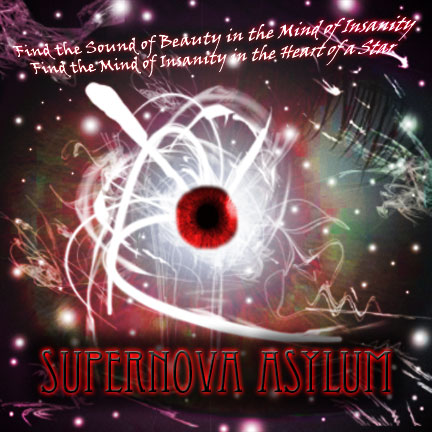Artist: Rise Against
Genre: Melodic Hardcore / Punk Rock
Length: 48:23
Release Date: October 7, 2008 (2008-09-12)
Label: Geffen
Producer: Bill Stevenson and Jason Livermore
When I got asked to review a Rise Against album, I ran back home and grabbed my iron helmet and wooden shield, because I was about to run the gauntlet. Rise Against hails from the same line of punk-rooted protest bands that have been running rampant across corporate America ever since the Bush administration started shooting itself in the foot (that’s 2,345,670 bullets fired into the big toe and counting!) and there’s hardly a demographic I hate more; the smug half-baked philosophy, the restless complaining, the same four or five chords and drum beats recycled over and over and over until you want to run for Congress, work your way up the ranks, and finally submit and authorize a bill that forbids the little pricks from coming within 500 miles of freedom. So Rise Against had the tall order of trying to change my cold, steel-plated cynical beast-mind into thinking they could possibly be any different. The result…
…is that they totally did. Wow. I couldn’t have believed it until this album had arrived before me, but I was wrong about the entire pseudo-punk movement from day one. In fact, Rise Against is the most valuable of music bands because it taught me an amazing lesson: that you can sell five figures within the first week of a release and even have your own line of shoes purportedly manufactured by slave labor and still pretend to be a pot-smoking, Molotov-tossing anarchist rebel. How inspiring!
The magic begins with Collapse (Post-Amerika), which in no way resembles anything ever done before, not even American Idiot...hell, not even themselves on past albums. The single-tempo, emotionless riffing, and generic hardcore shouts would sound utterly monotonous and repetitive from any other band, but Rise Against makes them work. How? Alas, their genius is far too much for me to describe in simple man-words. And behold, for when the next track begins, so does the exact same pattern and song structure! Such is their brilliance that they repeat the exact same formulaic compositions a grand total of 13 times…and with 13 being an unlucky number, the act serves as flawless testament to their bravery. Only rarely do actually interesting leads or notable bass lines ever appear to fuck things up, but the producers were so brilliant as to edit them out to their last breath as not to spoil the perfection. The lone exception to this ever-so original formula is an acoustic song entitled Hero of War, so originally titled and so not made up from the remnants of discarded Bob Dylan B-sides that it would make the likes of Leonardo da Vinci and Wolfgang Mozart cry. Why, so great is this beautiful track that it could very well rise those fallen geniuses from the dead, officially making Tim McIlrath the second-coming of Jesus Christ. No wonder so many people rabidly worship these awe-inspiring musical heroes!
But if there is any reason to bow down before the likes of this ground-breaking band, it is their lyrics, whose majesty and truth ring like the bells of Heaven’s highest, most ornamented towers. They speak of a terrifying fascist government that will in no way disappear a mere three months after this album’s release date, and one that has in no way been spoken of by any other musical act. Nope, not even Green Day. And how, you may be wondering, can such beaten-to-death lyrical clichés such as “fall[ing] from grace”, “desperate eyes”, and “the strength to go on” possibly combine to make these inspiring call-to-arms messages? Again, I could not possibly explain it, but totally not because they couldn’t. Because they could. In fact, they do it so well that they don’t even need to create solutions to the political problems they so desperately claw at like merciless, blood-thirsty kittens. Thus, these songs will ring throughout the back alleys of all the greatest organizations of protest and resistance, such as Hot Topic and McDonalds, from now until the end of mankind. Only the greatest musicians could create music as such that it will never become dated, certainly not in, as aforementioned, three months from now. You know, when the man they are trying so hard to condemn is replaced by a liberal reformist who the country so strongly supported in a fairly recent election. Oh no, certainly not then.
And so I sayeth to you, in the spirit of the mightiest revolutionaries of our time – from Lindsay Lohan to Justin Timberlake – let your voices of pre-pubescent confusion and conformism be heard by purchasing this downright irreplaceable masterpiece. And as you half-heartedly pound your fist in the air, pretending to fight an evil that has already been fought by people whose actions actually matter and whose criticism is not just limited to needless whining, remember that you support a band whose music is definitely not just a clone of a million other bands who came before, whose imagery is completely and totally unique, and who honestly, undeniably, unsarcastically, doesn’t suck balls.
.jpg)



EYE.jpg)